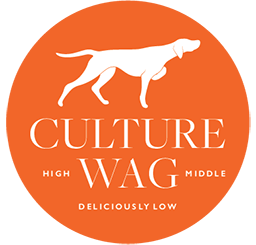Enter the Vibe Dome!
About one in six Americans say they’ll watch tonight’s presidential debate. Which tells us that Americans aren’t entirely truthful. Millions of them will get a gist from viral video clips. From such morsels, constituents seek vibe-confirmation: Is that old guy really so feeble? Is that old guy still totally nuts? When it comes to ticking a box, such questions will only make a difference for an obstinate handful just waking up to this contest. The rest of us will do what we resolved to do long ago.
It often feels like 2020—the longest year in history—never ended. Back then, we ran aground on shoals of alienation, tribalism, and anxiety. Four years on, we’re still litigating the same nasty stuff. Time marches on; one way of telling is that everybody looks more haggard. Yet we are hopelessly stuck.
More than any polarizing issue, stuckness characterizes 2024 America. Immersive media made a noisy chunk of us hyper-aware and somehow paralyzed. The whole idea of social engagement has been co-opted by an awful version peddled by tech giants—a lazy like or a share, as opposed to flesh and blood commitment. When politics (among other things) descended into race for clicks, it became even more bufoonish.
We seem to want it this way. A million years ago, I sat in on a focus group run by the celebrity magazine I worked for, the largest outlet of its kind. We believed our equity was in telling readers the truth about the trivial. When a scandal-plagued star wanted to set the record straight, she came to us! Meanwhile, the competition made a splash by gratifying prurient fantasies. In cutthroat tabloid competition, we saw reality as our edge.
Maybe that was true in the moment, but it sure wasn’t the future. I’ll never forget a woman in the focus group pinpointing the direction we were heading. She said: “Yeah, yeah. I know what you report about Brad and Jen is true [like I said, a million years ago]. I don’t want to read that! I want to read that Angelina is a homewrecker and Jen is miserable. Because I know they are.”
That lady was a visionary. The term confirmation bias has been kicking around since the ’60s, but in the digital age, it became content strategy. It’s not simply gratifying to get an amen for your world view, it’s algorithmic crack. The tabloid heyday of the early 2000s—the grand finale of print news media—morphed into the information ecosystem of today: A bottomless pit of tell-me-what-I-already-know.


